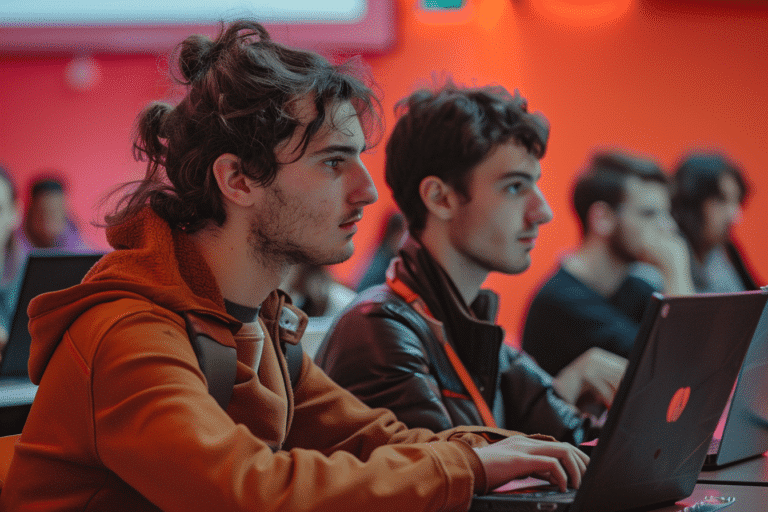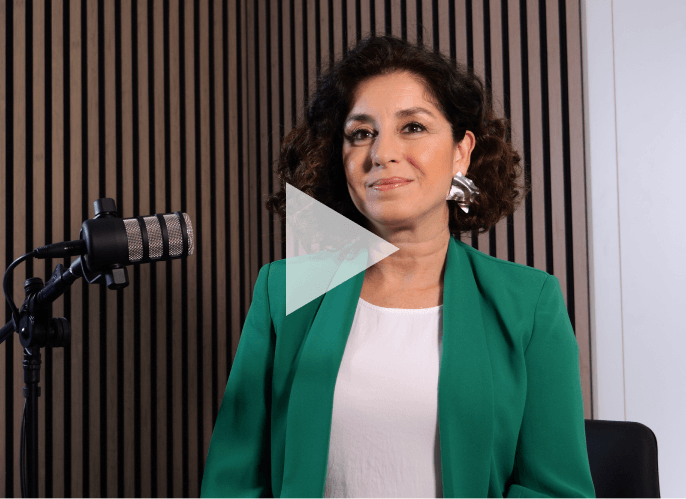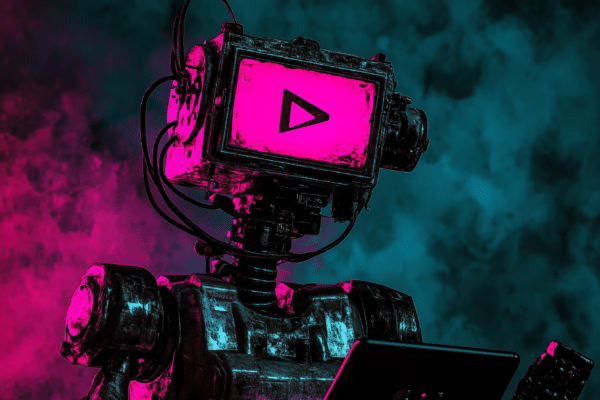Artificial intelligence (AI) has entered almost every field of knowledge, from health sciences to communication, transforming how work is done and how these subjects are taught. With the advent of generative AI, educators have had to change their evaluation methods to adapt to this new reality. This shift has led universities to update their curricula to include these new tools and knowledge. Enrique Puertas, a professor of Artificial Intelligence and Big Data at the European University of Madrid, compares this phenomenon to the advent of the Internet, which radically transformed ways of working.
Fears and Realities of Employment in the AI Era
Regarding fears about job loss and the disappearance of university degrees, Puertas notes that AI will become a tool that allows tasks to be done differently, usually more quickly and efficiently, but professionals will still be indispensable. Education must adapt to these new technologies, and the availability of AI-related training is increasing at all educational levels. Almost all university degrees will be affected by these advances. In the health sector, for example, nursing students are starting to incorporate AI knowledge into their formation, aware of its future relevance.
In the future, Puertas predicts that AI will become so ubiquitous that people won’t even realize they are using it, similar to how we currently use Google without thinking about the underlying technology. Established professionals will need to keep updating their knowledge and learning to stay current with these advances. There are already specialized AI courses adapted to different sectors and professions. With the incorporation of AI into the workplace, Puertas argues that the human element will be even more valued. University education will focus on ensuring that professionals understand and validate the responses provided by AI, maintaining the responsibility of doing their job well.
The Challenging Adaptation for Educators
AI has posed a significant challenge for educators, who have had to radically change how they assess certain learning outcomes. It no longer makes sense to base much of the evaluation on research papers since these tools can generate them directly. However, this can also represent a significant advancement in teaching, as these same tools can personalize student learning, guiding their studies and improving their educational experience.
The integration of artificial intelligence into education and work represents a profound and ongoing change. Although fears about job loss persist, experts like Enrique Puertas emphasize that AI will not replace professionals but will complement them, making their work more efficient and valuing human intervention even more. Universities and educational centers must continue to adapt, ensuring that students are prepared for a future where AI will be an omnipresent and indispensable tool.







